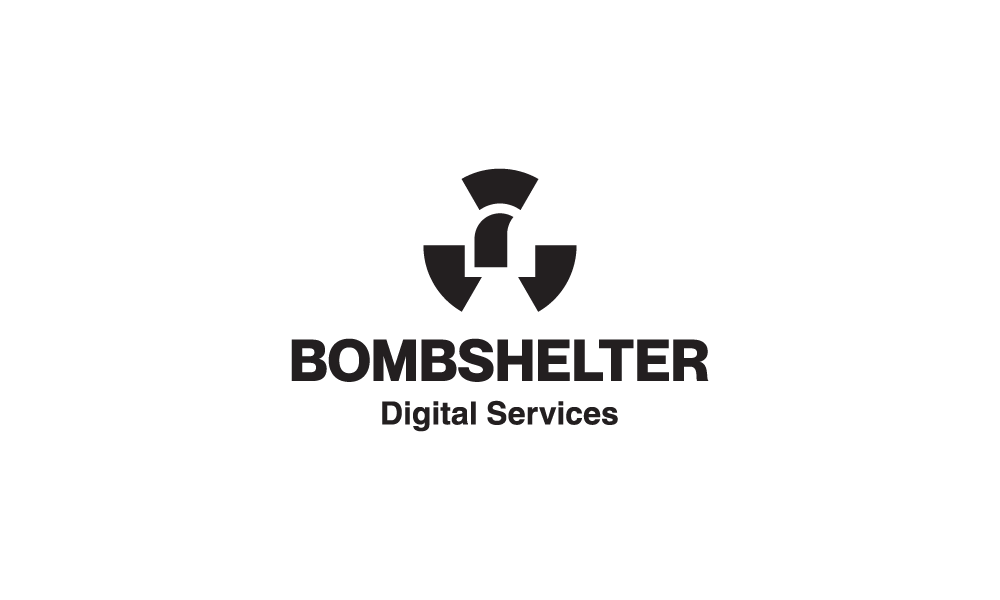As an independent artist navigating the music industry, you’re constantly seeking new ways to gain control over your work, connect with your audience, and ensure you’re fairly compensated for your creativity. One of the most exciting developments in recent years is the rise of music tokenization, a process that leverages blockchain technology to revolutionize how music is owned, distributed, and monetized. This guide will introduce you to the fundamentals of music tokenization and how it can benefit your career.
What is Music Tokenization?
Music tokenization is converting music assets—such as songs, albums, or even entire catalogs—into digital tokens on a blockchain. These tokens can represent various forms of ownership, rights, or access, allowing them to be bought, sold, and traded like any other asset. Tokenization offers a way to break down complex music rights into manageable, tradable units, empowering artists to take control of their intellectual property.
Key Concepts in Music Tokenization:
Blockchain Technology:
A blockchain is a decentralized digital ledger that records transactions across a network of computers. It ensures transparency, security, and immutability, making it ideal for managing ownership rights and royalties in the music industry.
Tokens:
Tokens are digital representations of ownership or rights. In music tokenization, tokens can represent a share of a song’s royalties, ownership in a music catalog, or access to exclusive content. These tokens are created and managed using smart contracts.
Smart Contracts:
A smart contract is a self-executing contract with the terms of the agreement directly written into code. In the context of music tokenization, smart contracts automate the distribution of royalties and enforce the ownership rights associated with tokens.
Benefits of Music Tokenization for Independent Artists:
Greater Control Over Your Work:
Tokenization allows you to retain more control over your music by enabling direct transactions with fans and investors. This reduces reliance on intermediaries, such as record labels, who traditionally take a significant share of revenue.
Transparent and Fair Royalty Distribution:
With blockchain technology, every transaction involving your music is recorded transparently, ensuring that royalties are distributed fairly and accurately. Smart contracts automatically distribute payments to all parties involved, reducing the risk of errors or delays.
New Revenue Streams:
By tokenizing your music, you can create new revenue opportunities. For example, you can sell tokens representing future royalties or offer exclusive content to fans who purchase tokens. This allows you to monetize your work in innovative ways.
Fan Engagement and Ownership:
Tokenization enables fans to become more involved in your music career by purchasing tokens that give them a stake in your success. This deepens the connection between you and your audience and can help you build a loyal fanbase.
Access to Funding:
Independent artists can use tokenization to raise funds for new projects by selling tokens that represent future earnings. This allows you to secure the capital you need without relying on traditional music industry gatekeepers.
Challenges and Considerations:
Understanding the Technology:
Blockchain and tokenization can be complex concepts to grasp. It’s important to educate yourself on how these technologies work and seek guidance from experts if needed.
Regulatory Landscape:
The legal and regulatory environment surrounding tokenization is still evolving. Artists should be aware of potential legal implications and ensure compliance with relevant laws in their jurisdiction.
Market Volatility:
The value of tokens can fluctuate based on market conditions, introducing financial risks for artists and investors. It’s important to consider these risks when tokenizing your music.
Steps to Get Started with Music Tokenization:
Educate Yourself:
Learn about blockchain technology, smart contracts, and how tokenization works. Understanding the basics will help you make informed decisions.
Choose a Platform:
Select a blockchain platform that supports music tokenization. Platforms like Revelator Labs offer tools specifically designed for artists to tokenize and manage their music assets.
Tokenize Your Music:
Work with a platform or service provider to tokenize your music assets. This involves creating digital tokens that represent ownership or rights in your music.
Set Up Smart Contracts:
Define the terms of your smart contracts, including how royalties will be distributed and under what conditions tokens can be traded or transferred.
Promote Your Tokens:
Once your music is tokenized, promote your tokens to fans, investors, and the broader music community. Highlight the benefits of owning a piece of your music and how it supports your career.
Conclusion: Music tokenization is a powerful tool that offers independent artists greater control, transparency, and new opportunities for monetization. By embracing this innovative approach, you can not only protect your intellectual property but also engage with your audience in meaningful new ways. As the music industry continues to evolve, tokenization may become a standard practice, making now the perfect time to explore its potential for your career.
Join the Future of Music with Discovery Community: At Discovery Community, we’re committed to empowering independent artists through innovative solutions like music tokenization. Learn more about how we’re leveraging blockchain technology to support your success and join our community of forward-thinking artists today.


